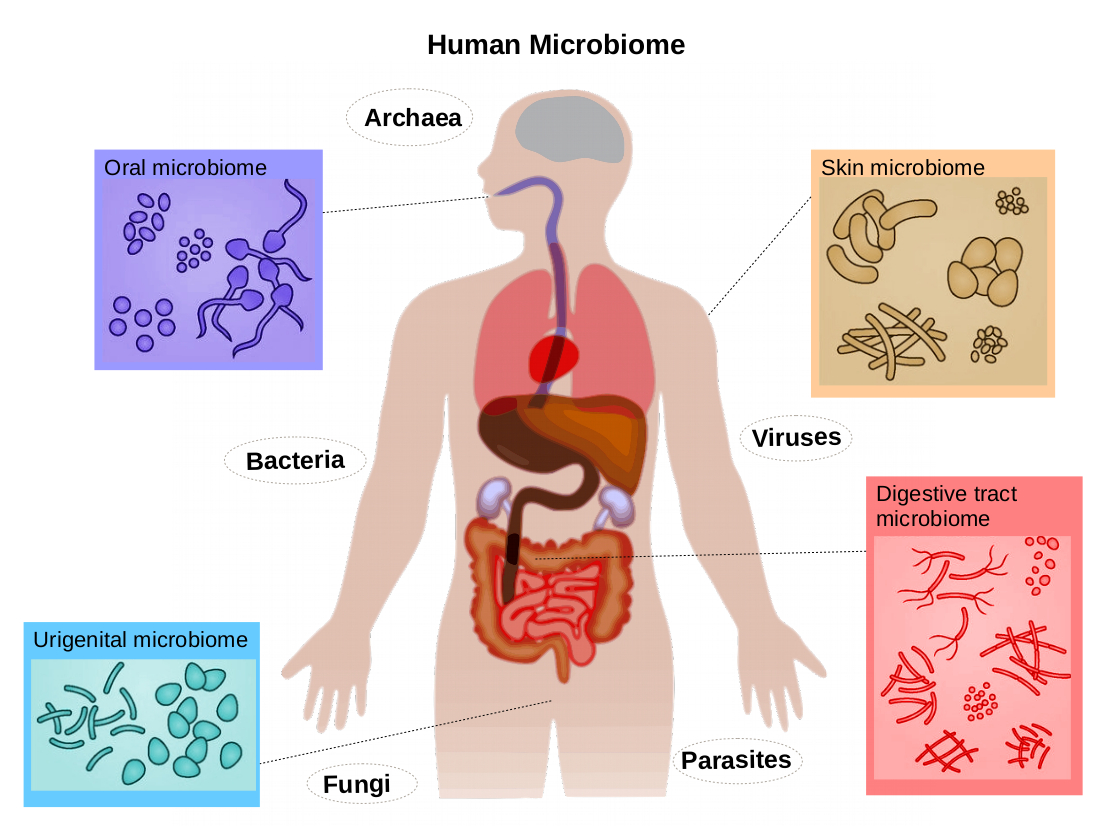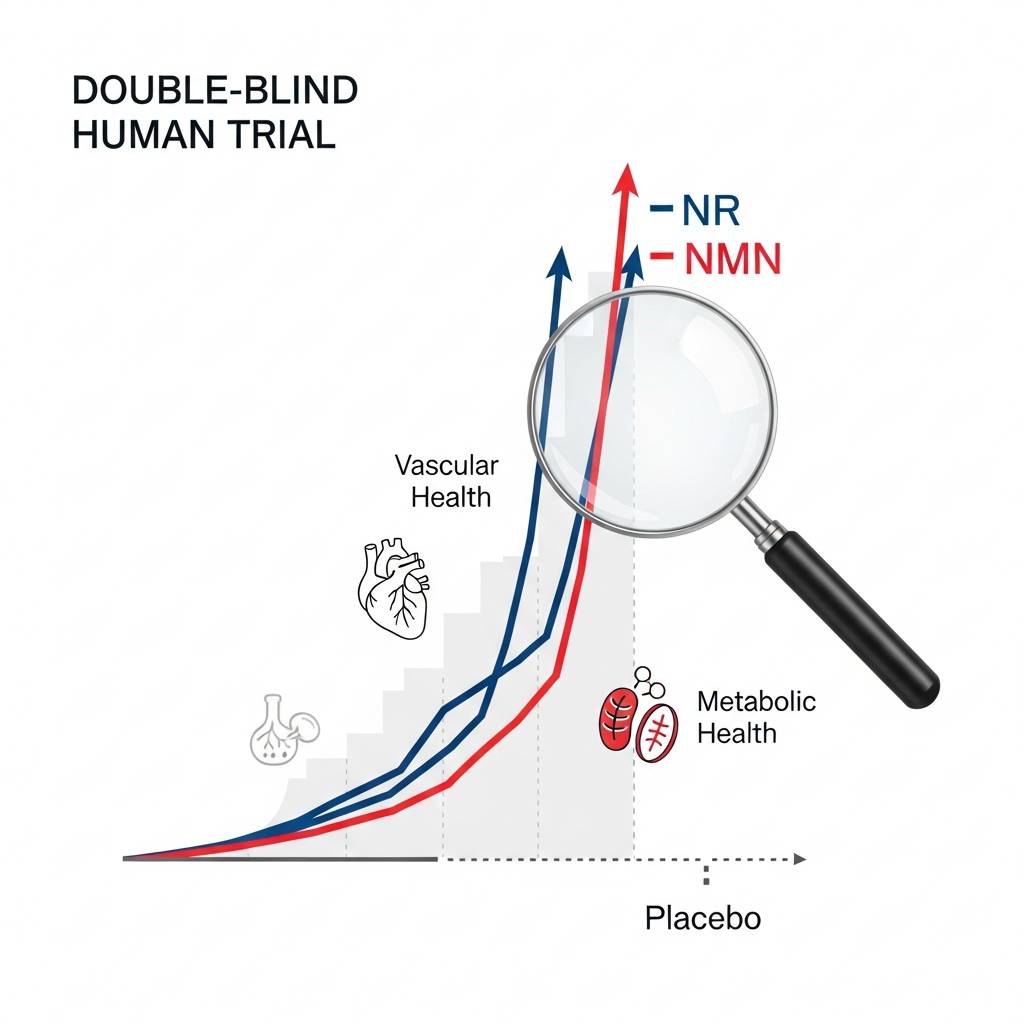People often ask themselves whether they really need dietary supplements. With the shelves of pharmacies and online stores filled with multivitamins, omega-3 capsules, probiotics, and herbal extracts, it’s easy to feel that taking something every day is essential for good health. Yet, the truth is more nuanced. Supplements can be valuable tools, but they are not a substitute for a balanced diet, and unnecessary use can sometimes do more harm than good.
The first step in determining whether you need supplements is to look at your everyday habits. Do you eat a variety of fresh fruits and vegetables, whole grains, lean proteins, and healthy fats? Or is your diet often rushed, relying on convenience foods and takeout? People with inconsistent diets or restrictive eating patterns may genuinely benefit from certain vitamins or minerals, whereas those who already consume a nutrient-rich diet might find little added benefit.
Age, life stage, and lifestyle also play critical roles. Pregnant women, for instance, are usually advised to take folic acid and iron to support fetal development, while older adults might require vitamin D and calcium to maintain bone strength. Even something as seemingly simple as spending limited time outdoors can affect vitamin D levels, particularly in northern latitudes or among people with darker skin tones.
Medical conditions and medications can further influence nutrient needs. Individuals with digestive issues, such as celiac disease or Crohn’s disease, often struggle to absorb key nutrients like iron, vitamin B12, and calcium. Certain medications can interfere with absorption as well; long-term use of proton pump inhibitors can reduce B12 absorption, while some cholesterol-lowering drugs may affect coenzyme Q10 levels.
Once you start paying attention to your diet and lifestyle, the next question is how to know if you truly need supplements. One of the most reliable ways is through medical testing. Blood tests can reveal deficiencies that you might not notice otherwise. For example, low iron levels can show up long before fatigue becomes obvious, and vitamin D deficiency can exist even if you feel healthy and active. While testing is not always necessary for everyone, it can provide clarity, especially if you suspect a particular deficiency or have risk factors.
Aside from lab results, your body often gives subtle signs. Persistent fatigue, low energy, or trouble concentrating can sometimes indicate insufficient intake of nutrients like iron, B vitamins, or vitamin D. Frequent colds or slow recovery from minor illnesses might suggest your immune system could benefit from added support, such as vitamin C, zinc, or probiotics. Changes in hair, skin, or nails—like brittle nails, hair thinning, or dry skin—can also be early hints that your body isn’t getting enough essential nutrients.
It’s important, however, not to jump to conclusions. Many of these symptoms can have multiple causes, and taking supplements indiscriminately may not solve the problem. For instance, feeling tired could be due to stress, poor sleep, or thyroid issues rather than a vitamin deficiency. That’s why a thoughtful approach is crucial: observe your habits, track your symptoms, and consult with a healthcare professional when needed.
Choosing the right supplement can feel overwhelming with so many options available. Start by focusing on what your body actually needs. Multivitamins are popular because they cover a broad range of nutrients, but they may not be necessary if your diet already provides sufficient vitamins and minerals. More targeted supplements, such as omega-3 fatty acids for heart and brain health, vitamin D for bone and immune support, or probiotics for digestive balance, can be more effective when chosen according to specific needs.
Quality matters. Not all supplements are created equal. Look for products that are tested by reputable third parties, with clear labeling and accurate dosages. Supplements with contaminants, misleading labels, or inconsistent potency are unfortunately common in the market, and taking low-quality products can be ineffective or even risky. Bioavailability is another factor; certain forms of nutrients are absorbed better than others, so understanding which forms are more effective can make a meaningful difference.
Using supplements safely requires awareness. Following recommended dosages is essential, as excessive intake of certain vitamins and minerals—such as vitamin A, vitamin D, or iron—can be harmful. Supplements can also interact with medications, sometimes reducing effectiveness or causing side effects. Monitoring how your body responds is key: if you notice gastrointestinal discomfort, allergic reactions, or other unusual symptoms, it’s important to stop and consult a professional.
Supplements should complement a healthy diet, not replace it. A nutrient-rich diet, regular physical activity, adequate sleep, and stress management are the foundation of long-term health. Supplements are tools to fill gaps or address specific needs, but they cannot substitute for healthy habits.
The landscape of dietary supplements is evolving. Personalized nutrition is becoming more common, with formulas tailored to an individual’s genetic profile, lifestyle, and health goals. This approach can help people target specific deficiencies or optimize performance in ways that one-size-fits-all supplements cannot. Technology, such as apps and wearable devices, is also playing a role by tracking nutrient intake, monitoring deficiencies, and offering real-time guidance.
Sustainability is another emerging trend. Consumers are increasingly looking for plant-based supplements, eco-friendly packaging, and responsibly sourced ingredients. This shift reflects a broader awareness of environmental impact, combined with the desire for health-conscious products that align with personal values.
Despite these advances, the core principles remain the same: know your body, understand your needs, and use supplements thoughtfully. Consulting with healthcare professionals, using evidence-based products, and monitoring your own response are essential steps for anyone considering supplements. Supplements are most effective when they are part of a holistic approach to health, complementing a nutrient-rich diet and healthy lifestyle.
There is no universal answer to whether you need dietary supplements. Some people clearly benefit, while others may gain little or even face unnecessary risks. The key lies in awareness, assessment, and informed decision-making. Paying attention to your diet, lifestyle, and health indicators, combined with professional guidance, allows you to make choices that truly support your wellbeing. Supplements can be powerful allies in your health journey, but only when used intelligently and responsibly.
With careful consideration, supplements can enhance quality of life, support long-term wellness, and provide reassurance that your body is getting the nutrients it needs—without replacing the essential foundation of a healthy, balanced lifestyle.






